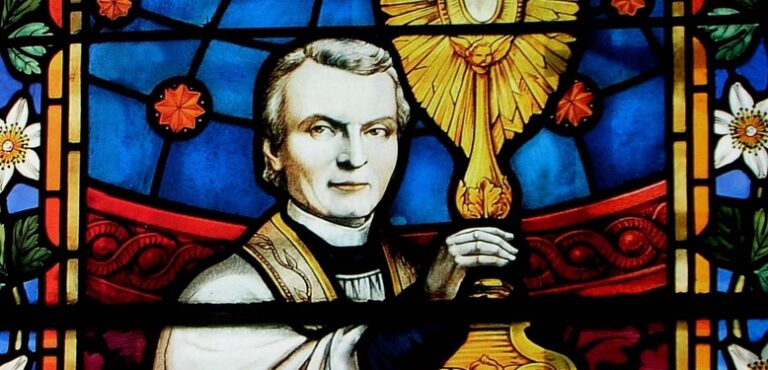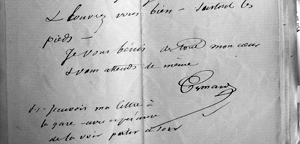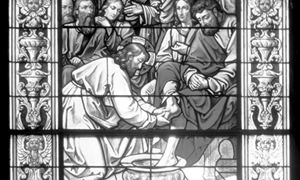Today, the Church asks us to remember Saint Jerome in her liturgical calendar. We invite Saint Jerome to journey with us during this Eucharistic celebration. Saint Jerome comes to us from his study someplace in Bethlehem, in the Holy Land. The Bible, the Word of God, was his life. He became a true specialist in this sacred subject, having mastered the ancient languages and devoted his life to translating the Bible into Latin from those ancient languages. Saint Jerome’s Latin translation, known as the Vulgate, became the standard translation in the Church for centuries. In addition, because of the richness of his commentaries, he was proclaimed a Doctor of the Church.
In our first liturgical reading for today’s memorial, we find Job’s manner and behavior in line with what we often wish we, too, could accomplish in our Christian journey, namely, the ability to be attentive to God and to be able to recognize and, perhaps more importantly, to not only see God’s gifts but to also accept our sorrows as being somehow an essential part of God’s plan for us.
We find Job’s manner and behavior not significantly different at times from ours. In our Christian journey, we often wish we could be more attentive to God’s many gifts and blessings, but we also recognize and accept the pain and sorrows as somehow being a fundamental part of God’s plan for us (for me). For this to happen as it did for Job, we can turn to today’s saint: Saint Jerome. The opening prayer (the Collect) helps us find an important key to unlock a possible solution to our shared dilemma. The Holy Scriptures (Bible) will assist us in finding our way.
Prayer:
Lord, like Saint Jerome, we pray for a “tender love for Sacred Scripture” so that we too “may be evermore fruitfully nourished by your Word.” And nourished by the Word of God and the Eucharist, we can also be like Job and walk with our better angels. Amen.













